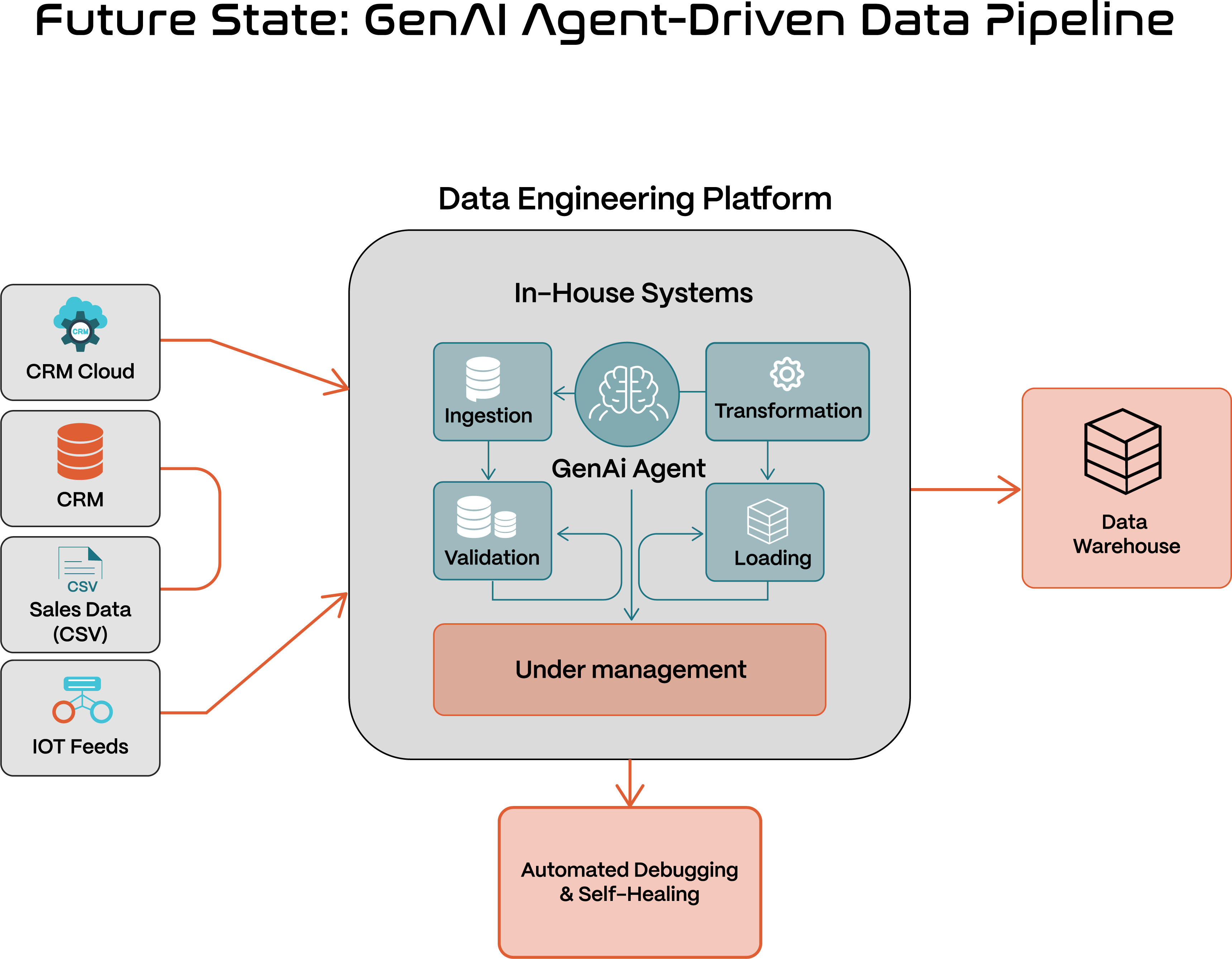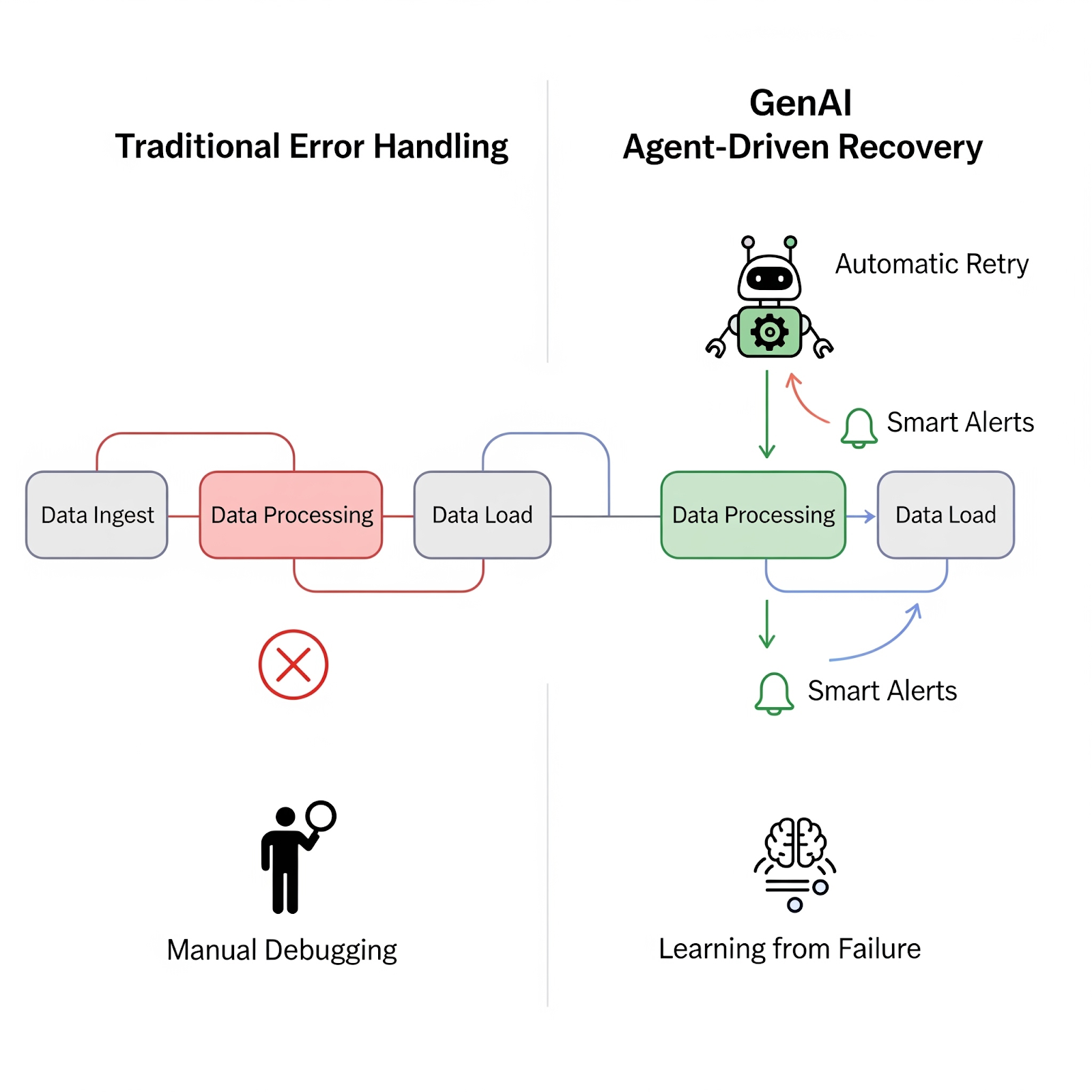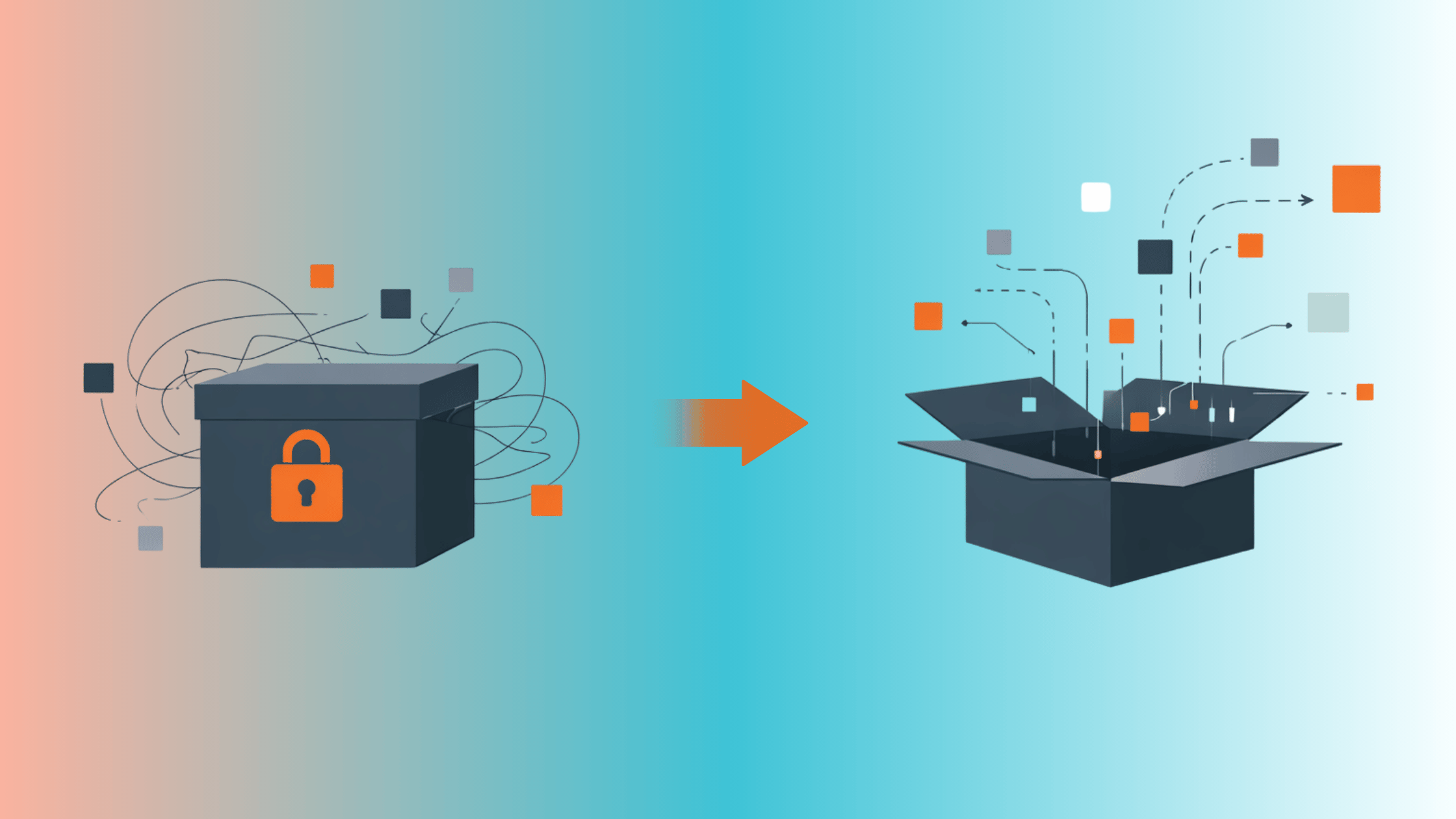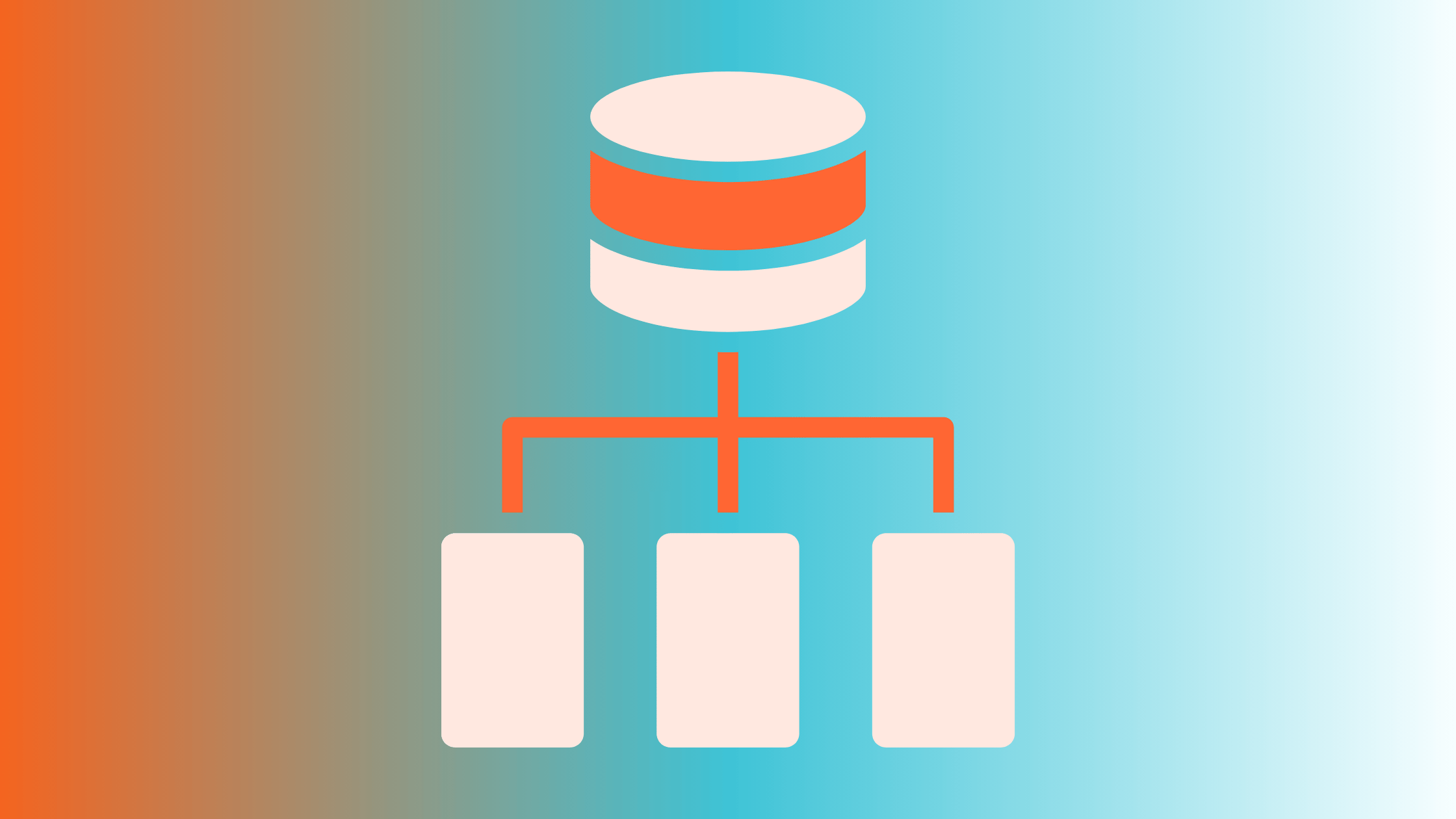GenAI Agents for Data Pipelines: The Future of AI-Powered Data Engineering
Discover how GenAI agents are reshaping data pipelines—simplifying ETL, boosting scalability, and unlocking the future of no-code data engineering.

The world of data is constantly evolving, and with it, the tools and techniques we use to manage it. For years, data engineering has been a specialized field, often requiring deep coding knowledge and complex configurations. But what if that was about to change dramatically? Enter Generative AI (GenAI) Agents, poised to revolutionize data pipelines and potentially usher in a new era of no-code data engineering.
The Data Engineering Dilemma: Complexity and Bottlenecks
Traditional data pipelines, while robust, are notoriously complex. They involve numerous stages: ingestion, transformation, validation, and loading. Each stage often requires custom scripts, intricate orchestrations, and a keen understanding of various data sources and destinations. This complexity leads to several challenges:
- High Barrier to Entry: Aspiring data professionals face a steep learning curve.
- Time-Consuming Development: Building and maintaining pipelines can be a significant time sink for experienced engineers.
- Scalability Issues: Adapting pipelines to new data sources or increased volume often means extensive refactoring.
- Human Error: Manual coding introduces the risk of bugs and inconsistencies.
This is where the vision of "no-code" has always shone brightest, promising to democratize access and accelerate development.
How GenAI Agents Could Transform Data Pipelines
Imagine an intelligent agent that understands your data goals, learns from your existing systems, and even anticipates your needs. This isn't science fiction; it's the promise of GenAI agents.
- Intelligent Pipeline Generation: Instead of writing lines of code, you could simply describe your desired outcome in natural language: "Ingest sales data from our CRM, transform it to a star schema, and load it into our data warehouse, ensuring data quality checks for all fields." A GenAI agent could then autonomously generate the entire pipeline, complete with all necessary transformations, connectors, and error handling.
- Adaptive Transformations: Data formats change, and business rules evolve. Currently, this means manual updates to existing pipelines. GenAI agents could dynamically adapt transformations based on new schema definitions or updated business logic, minimizing maintenance overhead. They could even suggest optimal transformation strategies based on data patterns.
- Proactive Error Detection and Remediation: Think beyond simple alerts. A GenAI agent could not only detect anomalies or errors in data flow but also propose and even implement solutions. If a data source becomes unavailable, the agent could automatically switch to a backup, notify relevant teams, and initiate recovery procedures.
- Optimized Resource Management: GenAI agents could intelligently optimize the underlying infrastructure for your pipelines. This could involve dynamically scaling compute resources up or down based on data volume, selecting the most cost-effective storage options, or even re-scheduling tasks for better performance.
Visualizing the Shift: From Code to Conversation
Current State: Code-Centric Data Pipeline
.jpg)

This shift doesn't mean data engineers will become obsolete. Instead, their role will evolve dramatically. They will become architects, strategists, and overseers of these intelligent systems, focusing on higher-level design, governance, and ensuring the GenAI agents are aligned with business objectives.
The diagram below illustrates this shift in focus for data engineers. It highlights a move from the manual, intricate tasks of coding and debugging to strategic oversight and architectural design within an AI-augmented environment.

The Path Ahead: Challenges and Opportunities
While the vision is compelling, there are challenges to address:
- Trust and Explainability: How do we ensure these autonomously generated pipelines are reliable, secure, and understandable?
- Data Governance and Compliance: How do GenAI agents integrate seamlessly with existing regulatory frameworks?
- Edge Cases and Novel Scenarios: Can agents handle truly unique or unprecedented data challenges without human intervention?
Despite these, the opportunities are immense: accelerated development cycles, reduced operational costs, improved data quality, and the democratization of data engineering. Imagine citizen data scientists and business analysts being able to orchestrate complex data flows with minimal technical expertise.
Conclusion: The Dawn of Intelligent Data Engineering
GenAI agents for data pipelines are more than just a technological advancement; they represent a fundamental paradigm shift. They promise to transform data engineering from a coding-intensive discipline into a more intuitive, adaptive, and accessible field. While the full realization of this future is still unfolding, the early signs point to an exciting era where data flows are not just automated, but truly intelligent. The future of no-code data engineering might just be driven by a conversation with an AI.


%20Choosing%20Between%20Apache%20Iceberg%20and%20Delta%20Lake.jpg)
